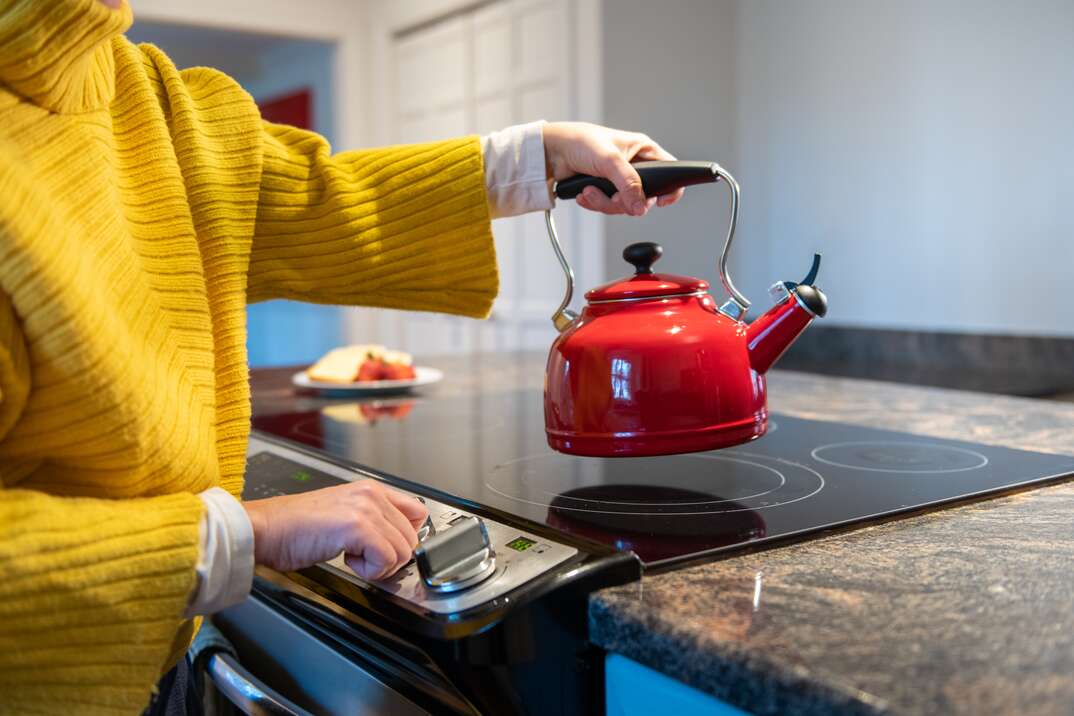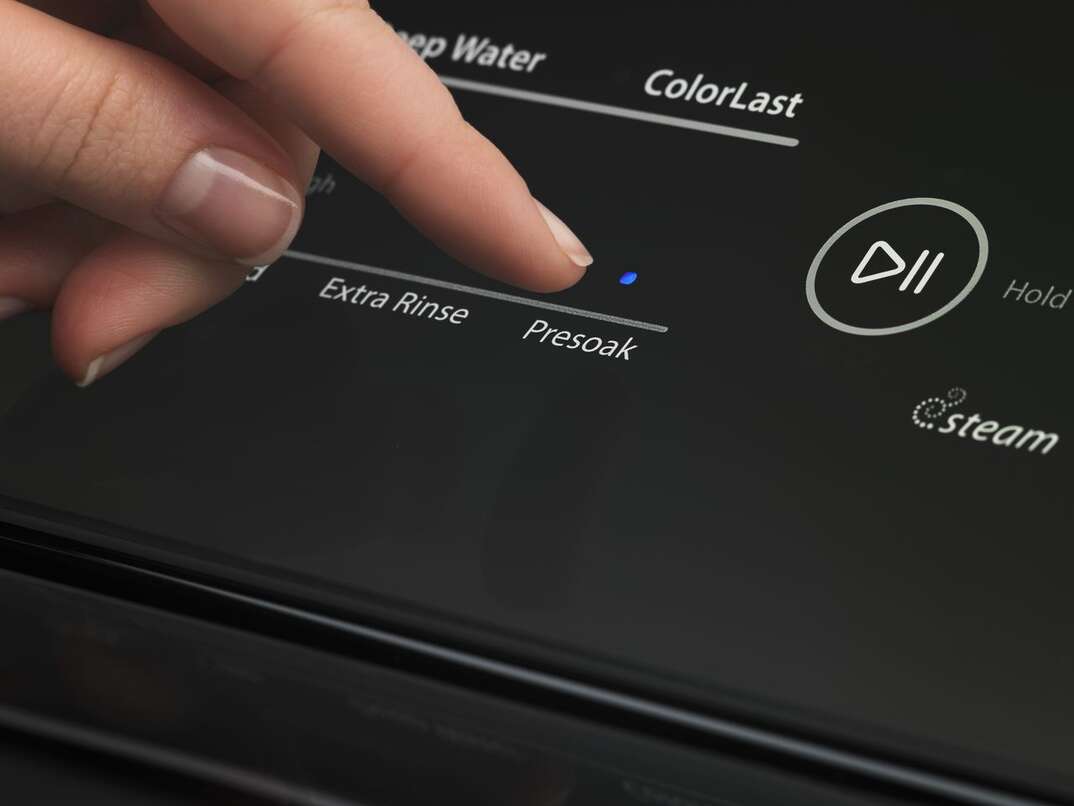Swap Your Gas Stove or Range With Electric: 5 Reasons to Flip the Switch

5 Reasons to Switch to an Electric Range
Electric stoves offer a few advantages over gas models. Read about why you may want to make the switch from a gas stove to an electric model.
This article offers five reasons supporting making the switch from a gas stove to electric. It also highlights a few pros to gas stove models.
Author: Erin Wallace
Between June and November 2019, 13 cities and one county in California and one town in Massachusetts enacted new zoning regulations either prohibiting or strongly discouraging gas line installations for appliances in newly constructed homes or apartments. Why the change? Well, the concern lies with carbon dioxide emissions. According to data from the U.S. Energy Information Administration (EIA), in 2021, U.S. carbon dioxide emissions from natural gas combustion accounted for about 34% of the total U.S. energy-related carbon dioxide emissions.
Regardless of statistics, if you're thinking of making the switch to an electric stove but haven't quite made a decision, read on for some reasons to go electric.
5 Reasons to Switch to an Electric Range, Stove or Oven
1. Potentially Cleaner Indoor Air
Some studies have shown that gas stoves release tiny amounts of methane, nitrous oxide and other harmful gases into your home, even when they're not being used, and they may have a negative effect on indoor air quality. This is why gas stoves are often installed with vent hoods so it's easy to vent air to the outside while you cook.
2. Safety Considerations
As with any kind of appliance, the potential for gas leaks and fire is there. But this applies to electric stoves too, which may become overheated or have faulty wiring. However, gas stoves have open flames, which can potentially be more dangerous. Fire safety precautions should be taken with both types of stoves, electric and gas — don't leave them unattended, don't put anything on a hot surface if it's not your cooking pan and turn off the burner when you're done with it.
3. Temperature Control
While some people prefer the visual of a gas flame to know how much heat is being applied to their pan, others prefer the even heating of electric, especially on an induction cooktop. Electric stoves may offer precise simmering temperatures, which is hard to achieve on a gas model, and electric cooktops, especially induction models, retain heat longer, allowing you to turn a burner off but keep the pan on it if you want food to stay warm.
An electric oven usually has less temperature fluctuation than a gas model, so you may experience more consistent results from baking and roasting. An electric stove typically has a heating element, which maintains a consistent temperature, and induction fans ensure heat is evenly distributed throughout the oven. Electric ovens also supply a dry, even heat, making it ideal for broiling or browning.
4. Cost
The cost to install a gas stove is potentially more expensive than electric, especially if you need to install new gas lines. As far as individual units go, a basic electric model could cost around $500 (CAD 673), while a unit with more options might cost over $2,000 (CAD 2,690)
Operating costs will vary depending on utility rates in your area, but one benefit to going electric is reducing the number of utility bills you have. Instead of paying for both gas and electric, you'll just be paying one utility bill.
5. Flexible Heating Element Size
Another advantage to an electric stove is the flexible heating element size. Many induction cooktops have dual or triple heating elements with multiple rings that deliver the right amount of heat for the size of your pan. Choose a larger heating element for cooking with a Dutch oven, or opt for a smaller one for a pot that's not as big.
Are There Pros to Keeping Your Gas Model?
The answer to this question is truly a matter of opinion — if you like cooking with gas and find it easier to use than an electric stove, you might think it's better for you not to make the switch because the adjustment to cooking on a different model type is too challenging and not something you want to tackle right now.
Gas burners are much more responsive to heat adjustments because the flame size is immediately lowered or raised. The burners also cool down more quickly than heating elements do. You can also grill directly on the burner's open flame if you want — such as to char a tortilla.


